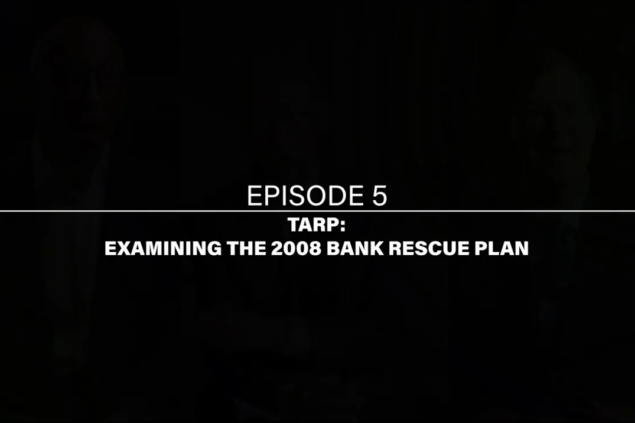The Implications of Jarkesy v. SEC for Administrative Tribunals
In May, the U.S. Fifth Circuit Court of Appeals vacated a decision of the Securities and Exchange Commission that hedge-fund manager George Jarkesy had committed securities fraud. The case, Jarkesy v. SEC, stuck down an important enforcement provision of Dodd-Frank and represents a potential strengthening of nondelegation and unitary executive principles. As a consequence, it could have far-reaching implications that go far beyond the securities laws.
The panel held that the SEC had violated the defendant’s 7th amendment right to a trial by jury because fraud is not a “public right” claim triable by administrative tribunal but a traditional claim that must be tried by a court. The panel also held that the law giving the SEC authority to choose between court trials and administrative trials of such claims constituted an unconstitutional delegation of legislative authority, in violation of the nondelegation doctrine. Finally, the court chipped away at the SEC’s independent status, holding that restrictions on removing administrative law judges only for cause infringed on the president’s vested authority to see that the laws be faithfully executed, in violation of the Constitution’s separation of powers.
What does Jarkesy mean for the future of administrative law? Was the Fifth Circuit following the principles laid down in recent Supreme Court precedent? Or has it struck out on its own, perhaps in an effort to spur the Supreme Court to further curtail the administrative state? The SEC has asked for en banc review. The decision creates an apparent split with the Ninth Circuit decision in Decker Coal v. Pehringer (2021) and could be headed to the Supreme Court.
Speakers
Johan Verheij Memorial Professor of Law and Director, Coleman P. Burke Center for Environmental Law
Case Western Reserve University School of Law
Senior Research Fellow, Environmental Policy and Regulation, Center for Energy, Climate, and Environment
The Heritage Foundation
Topic
The Federalist Society and Regulatory Transparency Project take no position on particular legal or public policy matters. All expressions of opinion are those of the speaker(s). To join the debate, please email us at [email protected].





